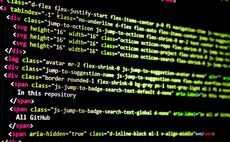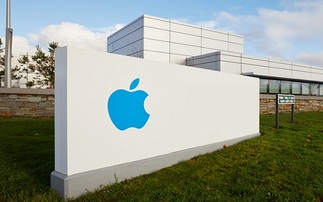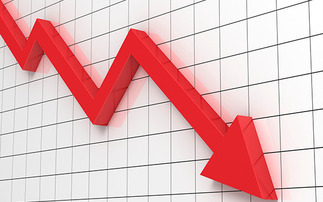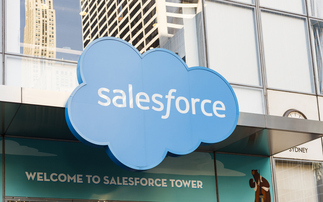Memory prices and PC shipments are predicted to rise but new operating system will break the symbiotic hardware/software upgrade cycle, say analysts
Windows 7 boost to PC makers? While the imminent launch of Microsoft’s new operating system (OS) Windows 7 is widely expected to act as a stimulus to the computer industry, the long-term affect m...
To continue reading this article...
Join Computing
- Unlimited access to real-time news, analysis and opinion from the technology industry
- Receive important and breaking news in our daily newsletter
- Be the first to hear about our events and awards programmes
- Join live member only interviews with IT leaders at the ‘IT Lounge’; your chance to ask your burning tech questions and have them answered
- Access to the Computing Delta hub providing market intelligence and research
- Receive our members-only newsletter with exclusive opinion pieces from senior IT Leaders




















